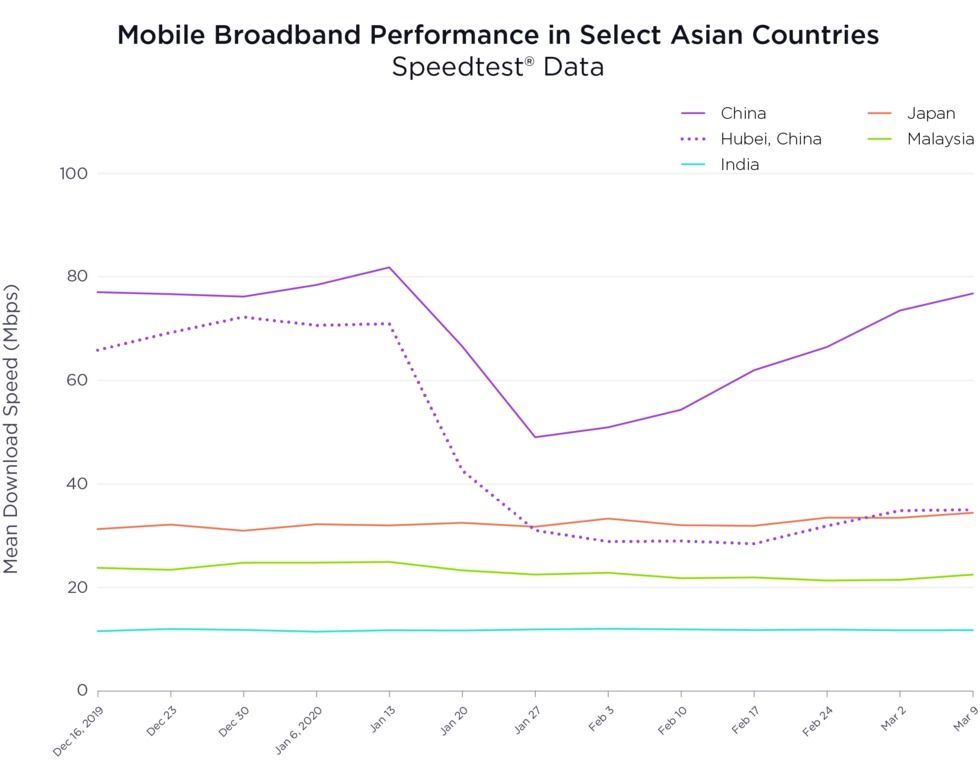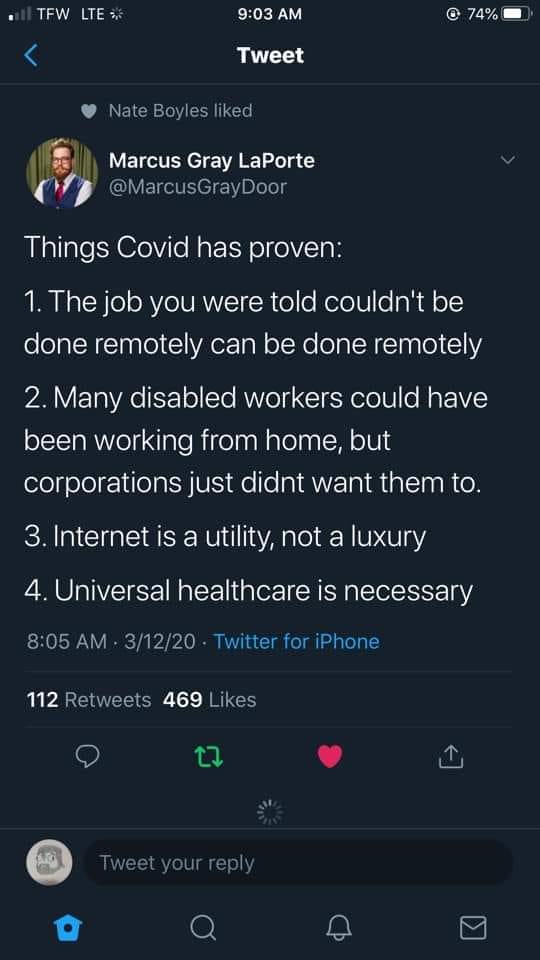Some prime examples of how humanity’s expected return to the lunar surface in the years to come could help life here on Earth.
“That’s one small step for man; one giant leap for mankind.”
This July 20th marks fifty years since Neil Armstrong, mission commander of NASA’s Apollo 11, uttered those famous words. Much less discussed is how Project Apollo shifted lunar science into high gear, ultimately teaching scientists just how valuable the Moon could become.
During the six missions that landed humans on the lunar surface from 1969 to 1972, Apollo astronauts collected some 842 pounds of lunar rocks and dirt. Analysis of these materials has provided us with major clues about the origin of Earth’s celestial companion 4.51 billion years ago, but also has revealed the Moon is a treasure trove. Lunar rock contains a plethora of minerals with high industrial value. So let’s take a look at some prime examples of how humanity’s expected return to the lunar surface in the years to come could help life here on Earth.





